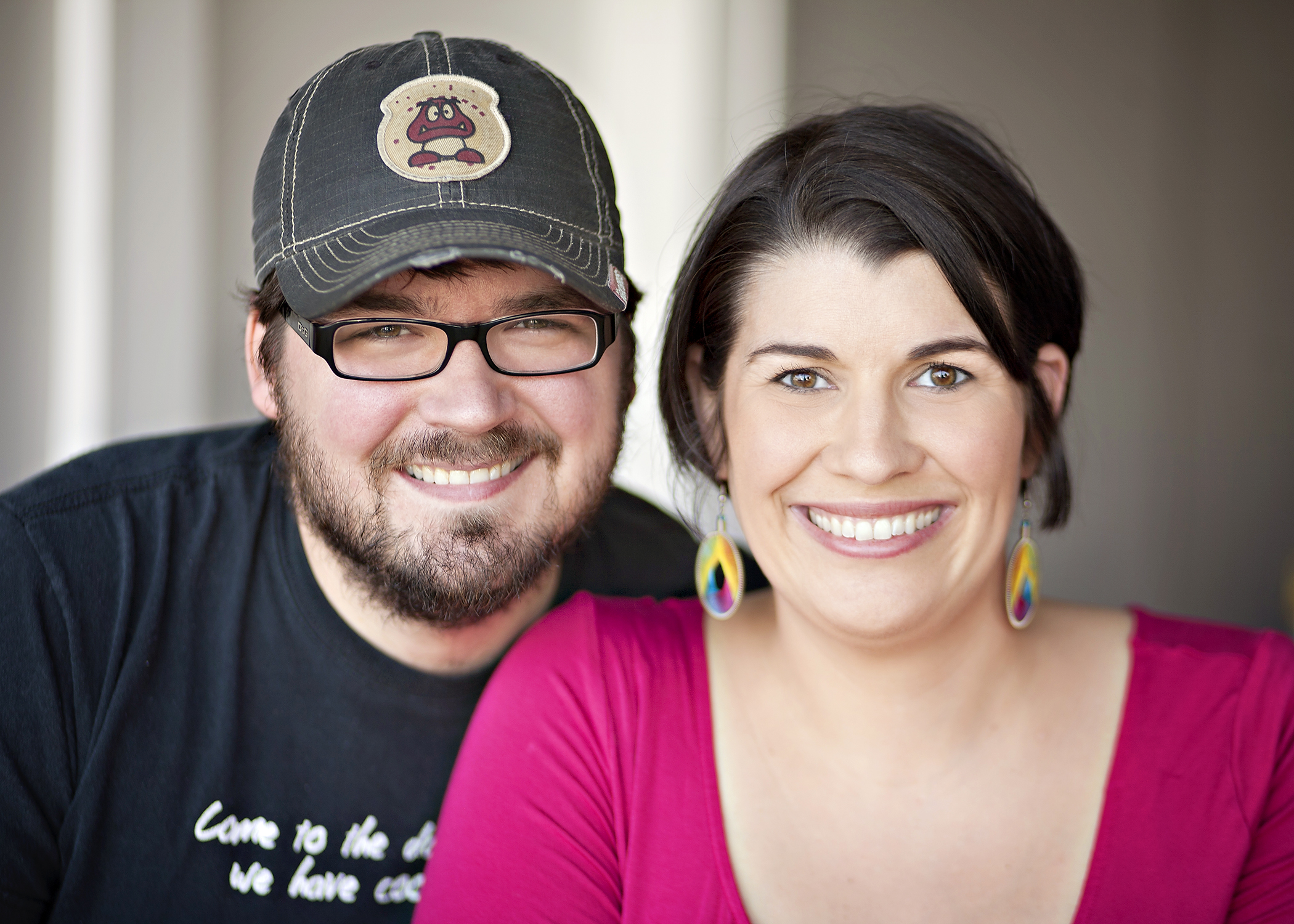Richmond, VA
Andrea Goulet runs a successful, decade-old start-up, but she doesn’t do it alone. 10 years ago, Scott Ford started Corgibytes – a software maintenance company that mends and modernizes software applications. Scott quickly realized that as much as he wanted to, he needed help to turn his passion for stabilizing code into a profitable business. He had just reconnected with his friend Andrea from high school, who was an experienced marketing and branding strategist. Scott recruited Andrea to be his business partner and the pair launched Corgibytes off the ground. Three years later they were married, and the rest is history.
Together, Scott and Andrea work to make software maintenance and the mysterious world of coding more accessible. They happily clean up applications and systems that are unstable or insecure and are making a difference in the lives of their customers. Andrea says, “Software maintenance gets a double whammy. Maintenance work is certainly under-appreciated, and it is even harder to do in software. Unlike a bridge or a turbine where there’s physical signs of deterioration – software maintenance is invisible unless you know how to code.”
Scott and Andrea, thank you for everything you do. Your commitment to strengthening the world’s digital infrastructure and spreading joy while you do it is heartening.
How did you get started in maintenance?
I started my career in marketing and branding. I ended up reconnecting with a friend of mine from high school, Scott, who had a start-up, and he told me “My favorite thing to do in the world is fix old software, but I don’t know how to sell it.” So, I needed to figure out how to sell the idea of software maintenance and modernization to companies and my marketing background helped me do that.
Scott showed me that there’s an interesting divide in software engineers: those who are The Makers and those who are The Menders. The Makers are the providers who set up the introduction and growth stages of software and code bases. This is the part that most people are focused on – it’s all about the features. However, what you find as a code lives on for a year or two years, it builds up a lot of “technical debt.” Technical debt occurs when parts of a code are duplicated or when code ages without being revised, requiring additional rework in the future. That’s where The Menders come in. The Menders work in the final stages of the product life-cycle – maturation and digital transformation. Software maintenance and modernization transforms softwares that are already developed, but perhaps aging and accumulating technical debt. Working in smaller chunks, people like Scott improve the software to make it more stable, scalable, and secure. It’s essentially preventative maintenance on code. You go into the system and better it, before it has the chance to break down.
Hearing about the lack of visibility for software maintenance workers from Scott, my role in starting this company became clear. I had to convey the urgency and importance of maintaining the huge, expansive digital infrastructure that we’ve built and that the world runs on. The truth is, though, that most people don’t know how to code, so they don’t realize how important it is to modernize codes and make sure they’re healthy.
I became the communicator and the translator because of the challenges software engineers face trying to talk about and sell something that you can’t see or interact with. It’s about using metaphors and speaking about code in a way that more people can connect with. The category ‘software maintenance’ helps because maintenance is familiar. People can understand fixing things like a skyscraper or a bridge, and software maintenance is mostly the same. Code is malleable, so it’s all about restoration and constantly changing what already exists for the better. I work to make code accessible to people who may not have previously been exposed to it.
Scott is really the unsung hero here. He considers himself a “joyful janitor of the internet,” quietly making a huge difference and keeping everything clean so it can run smoothly. The joy comes from seeing things last for a long time – working on a project and instilling those daily habits to bring value to it for the long-term.

What is one of your proudest achievements?
I was named on LinkedIn’s Top 10 Professionals in Software Under 35 in response to an article I wrote, “Forget Technical Debt – Here’s How to Build Technical Wealth.” This recognition was super validating for me and the work I do. Technical debt was a technical problem that engineers were having a hard time recording and communicating, The article I wrote really started the conversation and got business people to that “aha” moment. From there, software engineers and business people were able to begin to address technical debt – a problem that is crucial to both of their work, but they were previously unable to connect about. I’m proud that I’ve been able to be a translator between two groups and create space for productive discussions between them.
What is one thing you wish people knew about your job?
Software and coding are things that I took for granted. I didn’t know how it was built so I just assumed it was easy. Boy, was I wrong. I would encourage people to learn more about code and how the digital world is made. Ask a lot of questions and try and build stuff – codes, applications, digital pieces, etc. – for yourself.
